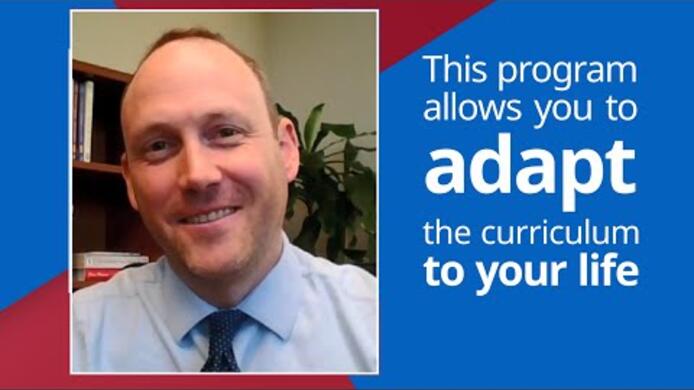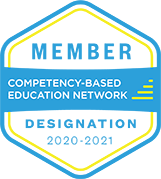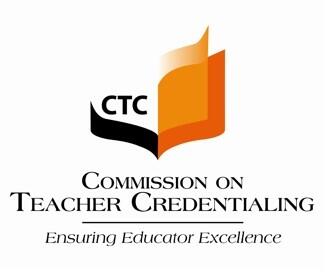Position Yourself for a Career in IT
The UMass Global MyPath Bachelor of Science in Information Technology covers four “domains” — Information Technology Foundations, IT Management, IT Operations, and Software Development — providing a broad-based level of tech knowledge and expertise. Working independently at your own pace, you’ll progress through competencies such as Computer Systems Architecture and Data and Information Management to complete your core requirements. You’ll then move into one of three emphasis areas to complete your online BS in Information Technology.
- IT Generalist Emphasis: Focus on data analysis and server management.
- Data Science Emphasis: Focus on IT operations/management and data analysis.
- Self-Design Emphasis: Design your own IT emphasis with customized focus areas.
- Earn Industry-Recognized Certifications: Part of your final involves passing required industry certifications related to real-world IT applications, including CompTIA A+, Microsoft Technology Associate (MTA), and others. We offer these for free as part of your coursework.






















